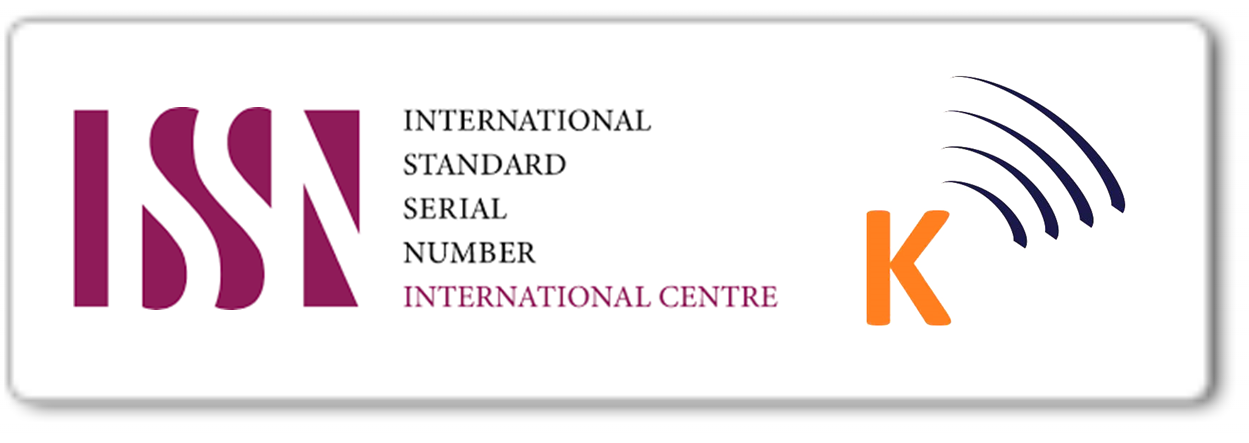EFEKTIVITAS KEPEMIMPINAN KEPALA SEKOLAH: STUDI KASUS PADA SEKOLAH INTERNASIONAL X DI BALI
Keywords: kepala sekolah, kepemimpinan, leadership, performa sekolah, school performance, school principal
Abstract
Improving the educational quality can be done not only through improvements on instructional process such as curriculum, learning methods, the quality of teachers or educational facilities but also through principal leadership as the principal is directly related to the implementation of the school program. Data collection techniques used was interview, and documentation. The survey method is carried out only as an affirmation and supporting data. The research was conducted using qualitative descriptive approach. Moreover, to assure the validity of research, the data was tested through triangulation method. Based on the research findings, it was concluded that the hindrances on the effectiveness of principal leaders was caused by the absence of superintendents’ support in providing organizational structure, system and program which focused on school’s vision and mission. That being said, it was suggested that superintendent as a policy maker to put an effort to develop coordination and collaboration with all the stake holders as it will establish the school’s direction and foster a strong commitment in meeting those goals.
Kualitas mutu sumber daya manusia salah satunya ditentukan oleh kualitas mutu pendidikan.Untuk meningkatkan mutu pendidikan tidak hanya dapat dilakukan melalui perbaikan proses pembelajaran seperti kurikulum, metode pembelajaran, perbaikan kualitas guru atau sarana pendidikan tetapi juga melalui kepemimpinan kepala sekolah. Kepemimpinan kepala sekolah merupakan faktor penting dalam menentukan keberhasilan sekolah karena kepala sekolah berhubungan langsung dengan pelaksanaan program sekolah. Penelitian ini membahas mengenai pelaksanaan kepemimpinan kepala sekolah X di pulau Bali. Penelitian ini dilakukan menggunakan pendekatan kualitatif deskriptif, menggunakan pengamatan wawancara, dan dokumentasi. Metode survey dilakukan hanya sebagai penegasan dan data pendukung. Teknik analisis data menggunakan model analisis interaktif yang terdiri dari pengumpulan data, reduksi data, penyajian dan kesimpulan. Pengujian keabsahan data menggunakan triangulasi sumber. Berdasarkan hasil penelitian, disimpulkan bahwa kendala-kendala yang dihadapi kepala sekolah dalam menjalankan kepemimpinannya adalah kurangnya dukungan dari pihak yayasan sekolah dalam menciptakan standar, sistem dan program yang berorientasi pada visi, misi dan tujuan sekolah. Untuk itu yayasan sebagai pembuat kebijakan hendaknya melakukan koordinasi dan kolaborasi yang baik dengan seluruh warga sekolah sehingga dapat menentukkan arah kebijakan dan menumbuhkan komitmen yang kuat dalam pemenuhan tujuan sekolah.
Downloads
References
Arbangi, dkk. (2016). Manajemen Mutu Pendidikan. Jakarta: PT Adithya Andrebina Agung.
Arifianto, S. (2016). Implementasi Metode Penelitian Studi Kasus Dengan Pendekatan Kualitatif. Yogyakarta: Aswaja Presindo.
Chatchawaphun, Pimpisa., Julsuwan, Suwat., & Srisa-ard, Boonchom. (2016). Development of Program to Enhance Strategic Leadership of Secondary School Administrators. International Education Studies, Vol. 9, No. 10.
Cheney, Gretchen Rhines & Davis, Jacquelyn. (2011). Gateways to the Principalship: StatePower to Improve the Quality of School Leaders. Washington DC: American Progress.
Colquitt, Jason A., Jeffrey A. LePine. & Michael J. Wesson. (2015). Organizational Behavior. New York: McGraw-Hill Education.
Daryanto. (2013). Administrasi dan Manajemen Sekolah. Jakarta: PT Rineka Cipta.
David, Fred R. (2011). Strategic Management, Concepts and Cases. New Jersey: Pearson Education, Inc.
Deeboonmee, W., & Ariratana, Wallapha. (2014). Relationship Between Strategic Leadership and School Effectiveness. Social and Behavioral Sciences, 112, 982-985.
Grissom, Jason & Loeb, Susanna. (2009). Triangulating Principal Effectiveness: How Perspective of Parents, Teachers, and Assistan Principals Identify the Central Importance of Mangerial Skills. Washington DC: The Urban Institute.
Hidayah, Nurul. (2016). Kepemimpinan Visoner Kepala Sekolah Dalam Meningkatkan Mutu Pendidikan. Yogyakarta: AR-RUZZ MEDIA.
Horng, Eileen Lai; Klasik, Daniel & Loeb, Susanna. (2010). Principal’s Time Use and School Effectiveness. Chicago: The University of Chicago.
Laal, Marjan., & Laal, Mozhgan. (2011). Collaborative Learning: What Is It? Procedia - Social and Behavioral Sciences 31 (2012) 491-495.
Louis, K. S., Leithwood, K., Wahlstrom, K., & Anderson, S. (2010). Investigating The Links To Improved Student Learning: Final Report Of Research Findings. US: University of Minnesota.
Mendels, Pamela. (2012). The Effective Principal. New York: The Wallace Foundation.
McCollum, Judith. (2012). A Study of the Leadership Dimensions of National Distinguished Principals. US: Nova Southeastern University.
Musfah, J. (2015). Manajemen Pendidikan: Teori, Kebijakan, dan Praktik. Jakarta: Prenadamedia Group.
National Association of Secondary School Principals (NASSP). (2013). Leadership Matters: What the Research Says About the Importance of Principal Leadership. Boston.
National Policy Board for Educational Administration (NPBEA). (2015). Professional Standards for Educational Leaders. Reston, VA.
Northouse, Peter G. (2013). Leadership Theory and Practice – 6th Ed. California: SAGE Publications.
Nurkolis. (2003). Manajemen Berbasis Sekolah Teori, Model dan Aplikasi. Jakarta: PT Gramedia.
O’Donnell, Orla & Boyle, Richard. (2008). Understanding and Managing Organisational Culture. Dublin: Colour Books Ltd.
Pont, Beatriz., Nusche, Deborah., & Moorman, Hunter. (2008). Improving School Leadership, Volume 1: Policy and Practice. Paris: OECD.
Priansa, Donni Juni. (2017). Menjadi Kepala Sekolah dan Guru Profesional. Bandung: Pustaka Setia.
Reinhartz, Judy & Beach, Don M. (2004). Educational Leadership. USA: Pearson Education Inc.
Rice, Jennifer King. (2010). Principal Effectiveness and Leadership in an Era of Accountability: What Research Says.Washington DC: The Urban Institute.
Schabraq, Marc J. (2007). Changing Organizational Culture. England: John Wiley & Sons Ltd.
Schein, Edgar H. (2010). Organizational Culture and Leadership. San Francisco: Jossey-Bass.
Sisman, M. (2016). Factors Related To Instructional Leadership Perception And Effect Of Instructional Leadership On Organizational Variables: A Meta-Analysis. Educational Sciences: Theory & Practice, 16, 1761–1787.
Sun, C. (2011). School Leadership: Improving State Systems For Leader Development (NASBE Discussion Guide). Alexandria: NASBE.
Sun, Jingping., Johnson, Bob., & Przybylski, Robert. (2016). Leading with Data: An Increasingly Important Feature of School Leadership. ISEA, Volume 44, Number 3.
Thanh, Do Viet & Anh, Nguyen Viet. (2015). Factors Affecting Effective Leadership - An Empirical Study in Vietnam Logistics Enterprises. Danang-Vietnam, Paper ID: VL547, 10-12 July.
Wallace Foundation. (2013). The School Principal as Leader: Guiding Schools to Better Teaching and Learning. NY: The Wallace Foundation.
Wahjosumidjo. (2003). Kepemimpinan Kepala Sekolah: Tinjauan, Teoritik, dan Permasalahannya. Jakarta: PT Raja Grafindo Persada.
Zorlu, Hizir & Arseven, Ayla. (2016). Instructional Leadership Behaviors of School Administrator on The Implementation of Secondary School Curricula. International Journal of Higher Education, Vol. 5, No. 1.







